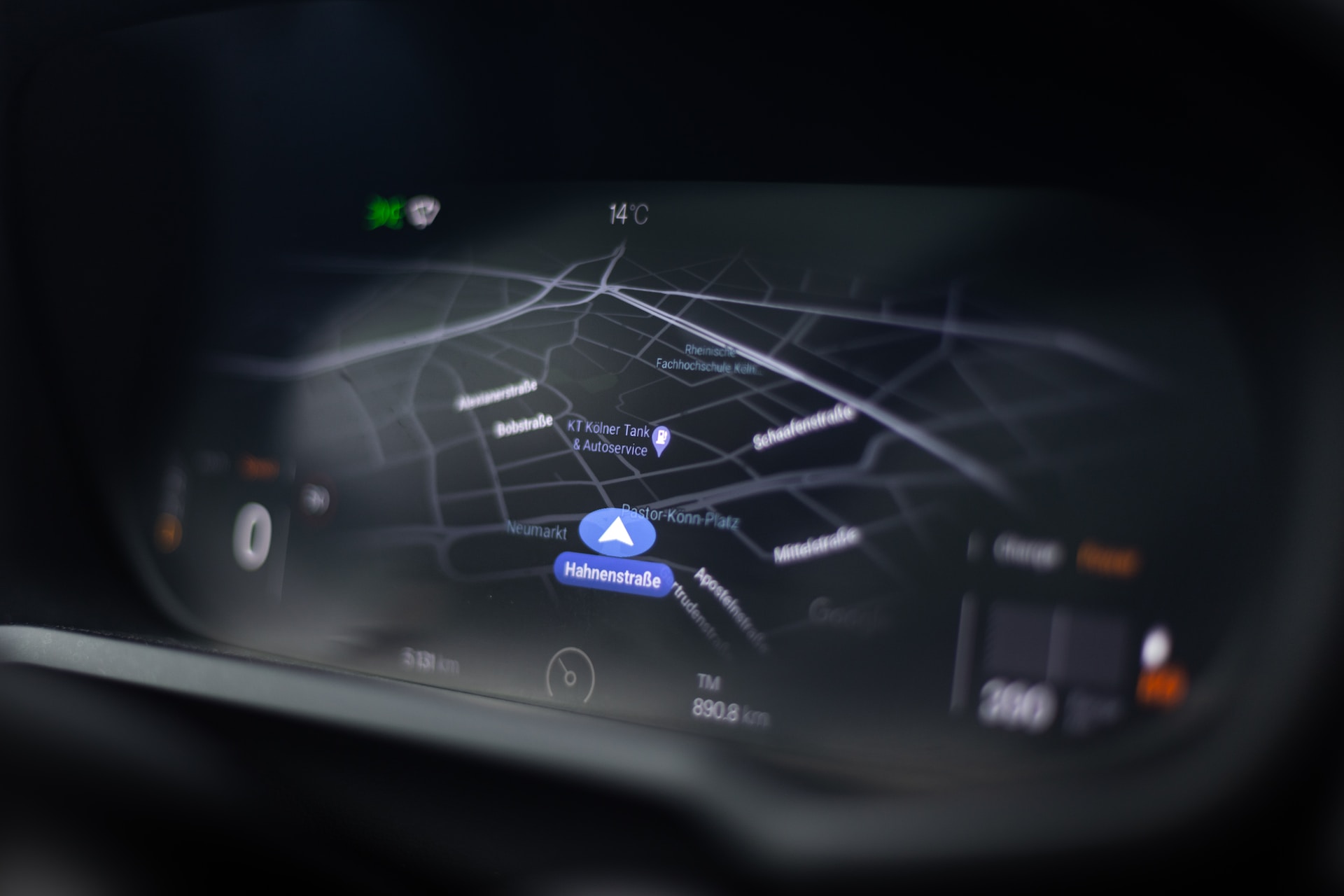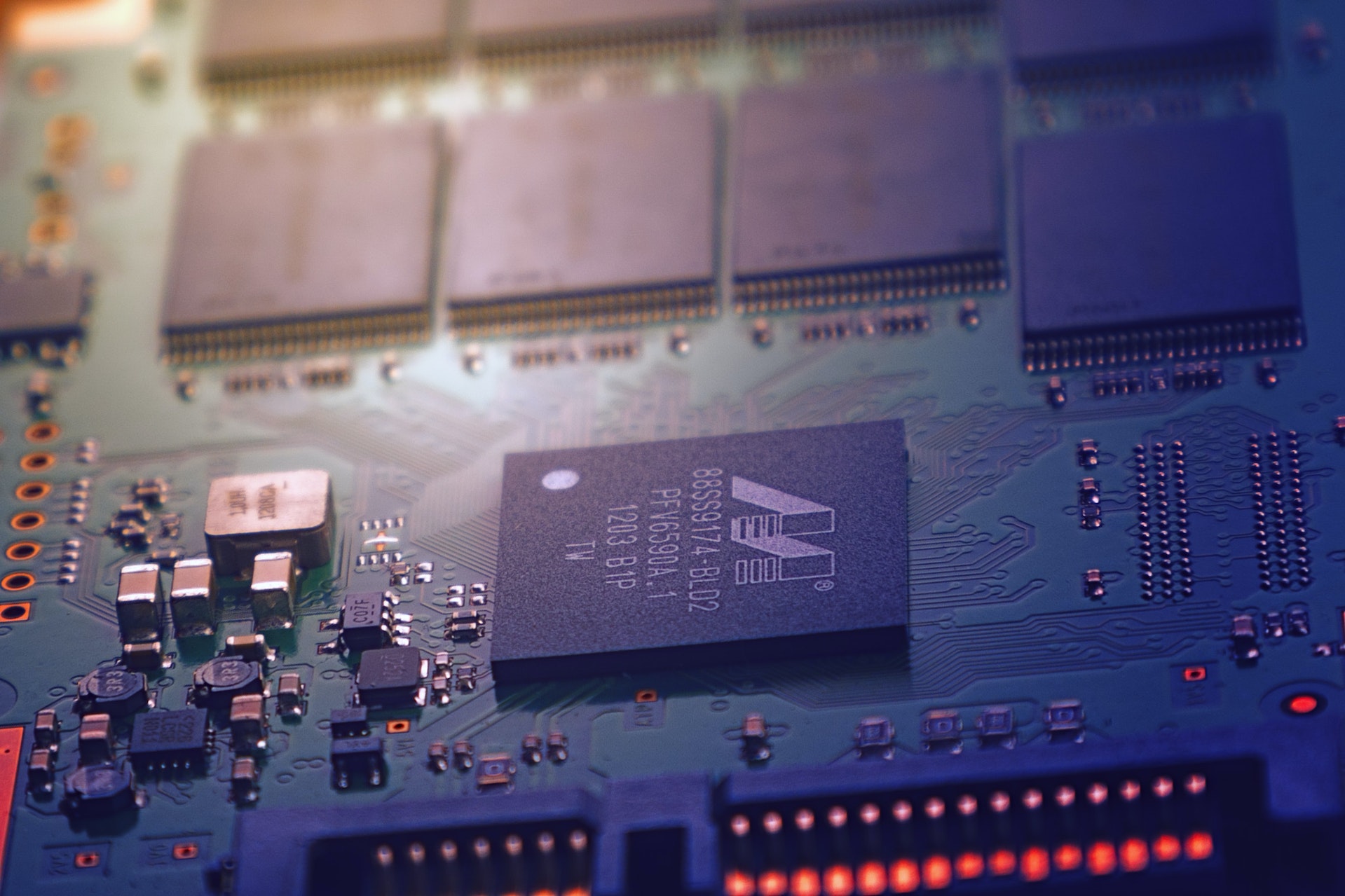GPS (Global Positioning System) is no longer a catchphrase. GPS technology is one of the most important technological creations to date, benefiting everyone. GPS technology is so varied that it may be found in practically every business. We may now follow trailers and valuables, as well as loved ones for their safety and to avoid accidents and thefts, using GPS-enabled devices and programs.
You can even track down your pet if it wanders off or your child if he or she gets missing. You can receive specific position data and discover them as quickly as possible using a GPS tracking gadget. Many people are aware of the benefits of GPS technology, but many are unaware of how effectively it works. People have numerous queries, such as what GPS precision is, how accurate and reliable GPS trackers are, how much investment is required, and so on.
Read on to learn about GPS tracking and GPS trackers along with how efficient, precise, and reliable they are.
What Is GPS Tracking?
GPS tracking devices communicate with the Global Positioning System through signals. GPS can track a variety of objects, including people, automobiles, aircraft, and industrial equipment. The precision of GPS tracking is critical. As a result, if the signal is harmed and the precision isn’t perfect, it might have serious effects.
How Do GPS Trackers Work?
The satellite, the ground receiving station, and the receiver on the tracker are the three main components of a GPS. There are around 32 satellites that enable you to provide a fairly exact position of a person, car, or anything with a GPS receiver on it.
The GPS trackers receives the signal from the satellites and calculates the distance to the satellite based on the signal’s travel time. These trackers employ a technique known as ‘Trilateration’ to compute the position and velocity of a person or item while simultaneously recording data on their movement. This data is subsequently communicated to a central server through a satellite modem (which is included within the device).
How Accurate is GPS Trackers?
The technology used in GPS tracking gadgets is so powerful that it can pinpoint the exact location of an object within a 10-15 meters radius. Some high-end GPS devices can provide more precision and accuracy up to one meter.
The signals from the satellite in orbit are quite accurate; nevertheless, what is received by the GPS device depends on several variables, including satellite geometry, signal blockage, atmospheric conditions, and the architecture of the receiving equipment.
When the distance between at least four satellites is confirmed, the gadget or tracker may calculate its position. The GPS device’s accuracy improves as it identifies more satellites. The technology is truly amazing!
How Precise are GPS Trackers?
GPS (Global Positioning System) precision refers to the distance displayed by GPS from the actual position of the monitored object. The accuracy, precision, and dependability of a GPS gadget are its main features and advantages. The Global Positioning System (GPS) flaws and mistakes may be reduced to a manageable level, and the system provides outstanding results for business applications.
To connect to the satellites, the antennas on any GPS unit must have an unobstructed view of the sky. That is why GPS will not function within buildings. GPS devices determine your location by calculating the distance between the GPS tracking receiver and at least four more GPS System satellites.
Geostationary satellites emit radio impulses to GPS Tracking devices regularly, allowing location computations to take place.
How Reliable are GPS Trackers?
Regardless of the purpose of the GPS receiver, several factors influence its accuracy and dependability. While traveling to the Earth, GPS radio waves pass through various air and weather conditions, which can sometimes delay the GPS signals and hence decrease the accuracy of a GPS Tracker. The geometry of the geostationary satellites employed will most likely change over time.
If you are in the middle of a wide field, the GPS has a larger range of satellites accessible than if you are sitting at a cafe in the US. You’ll receive far better placements if the geostationary satellites you’re linked to aren’t clustered in one area of the sky.
As a result, the more satellites you can connect to, the more exact your GPS tracking gadget will be. Cities and metropolitan areas can potentially create GPS tracking errors because GPS signals can bounce off buildings. The precision of vehicle GPS tracking devices must be sufficient to track placement against the selected map maintained in the GPS Tracking platform.
What Are the Factors that Can Affect the Accuracy, Precision, and Reliability of GPS Tracking?
A common misconception is that weather conditions might interfere with GPS transmissions. Storms, on the other hand, can, but rain or clouds cannot. The easiest technique to acquire an accurate position is to place your GPS tracking gadget under a clear sky.
The radio waves used to establish position must travel from the satellite to your device across a variety of obstacles such as lush woods, valleys, mountains, massive buildings, and skyscrapers. So, if you’re standing in an area with a lot of opacity, your GPS is extremely likely to give you inaccurate information.
If your GPS is displaying incorrect data, one of the following might be the cause:
- Tall buildings, bridges, and trees, among other things, can impede satellite signals
- Using it inside or outdoors
- The signal bounces off many objects and surfaces on its way to you
- Radio interference
- Solar Storms
- The satellite is under maintenance
How to Improve the Accuracy, Precision, and Reliability of GPS Tracking?
To ensure accurate, precise, and reliable GPS position information, you must do two things: select a GPS device with a high-quality receiver and maintain it in a location where the signal has an unobstructed route.
Here are a few other things you can do:
- When mounting a GPS device on a car, the optimal location is under the front window since it allows the GPS to acquire a clean and uninterrupted line to the sky.
- To improve accuracy, keep the GPS tracking device’s battery fully charged.
- For ongoing support, update the hardware with the most recent technology.
Conclusion
GPS tracking devices today are incredibly accurate and may offer precise position information. You may investigate and buy an excellent GPS tracker for continuous and dependable tracking based on your needs, whether personal or business.
















